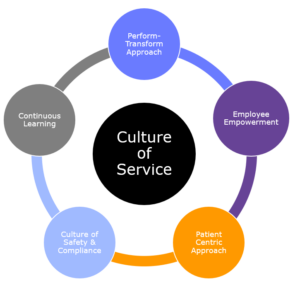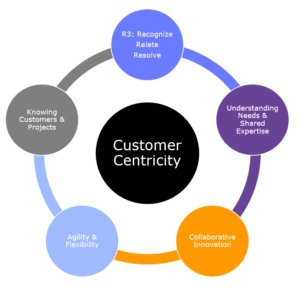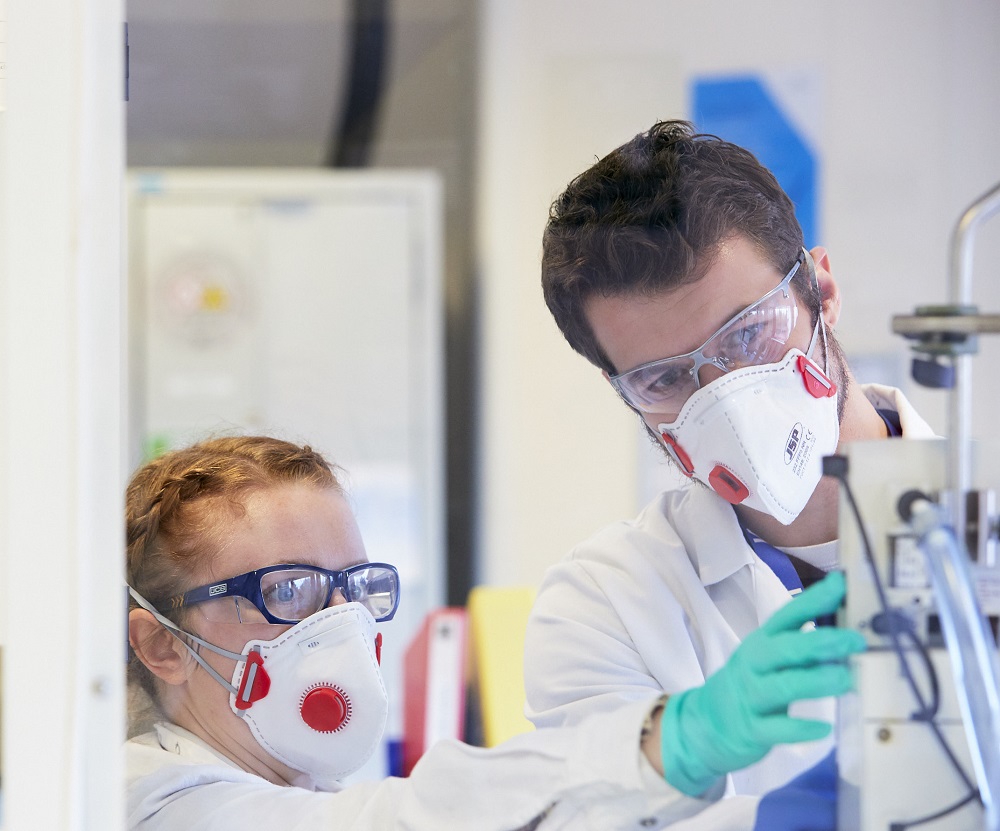In the rapidly evolving pharmaceutical sector, innovation is essential for maintaining a competitive edge and addressing patient needs. Grand View Research predicts that the CDMO market will experience significant growth, reaching a value of 157.7 billion in 2025, up from 98.7 billion. This represents a compound annual growth rate of 6.9%, faster than the pharmaceutical industry. Several reasons for this growth include the increasing global population, better insurance coverage in developing countries, and aging societies in developed countries, all of which contribute to a higher demand for pharmaceuticals. Additionally, pharmaceutical companies are increasingly outsourcing services to CDMOs to reduce time to market, save costs, simplify operations, and allocate resources more efficiently. Therefore, the CDMO market’s rapid expansion is due to external factors and companies’ strategic outsourcing decisions.1
CDMOs play a pivotal role in fostering innovation by offering services in research and development, manufacturing, and the final product to market through client ideology and expectations. To establish a sustainable culture of innovation, CDMOs need to embrace a customer-centric mentality, focusing on the requirements and expectations of their pharmaceutical collaborators. This encompasses adopting novel contracting models, goal alignment, and forming strong alliances with pharma companies. Nevertheless, more than a service-oriented culture is needed to spur innovation in CDMOs.2 They must also nurture a mindset of transformation and advancement of the current regulations and digital era. This necessitates a readiness to experiment, undertake measured risks, and draw lessons from setbacks. The culture of transparent communication and collaboration within their organization and with their pharma partners is vital for success.
The importance of a culture of service in driving innovation
A culture of service prioritizes delivering exceptional customer service through a complex set of attitudes, values, and behaviors ingrained in every aspect of an organization. It encourages employees to exceed expectations, take ownership, use customer feedback to improve, and value internal customers. A culture of service is critical to success in today’s competitive business environment, as it fosters loyalty and generates a key competitive advantage.
CDMOs can ignite innovation by promoting a service culture. This requires building strong customer relationships, prioritizing continuous improvement, fostering teamwork and collaboration, ensuring transparency and accountability, and committing to excellence. CDMOs can drive innovation and lead the pharmaceutical industry forward by cultivating this culture. This approach entails comprehending the customer’s needs and priorities, devising strategies to save time and reduce costs, and navigating customers through the regulatory process2, demonstrate agility in adopting technological advancements to spearhead process innovation and boost operational efficiency. They can embrace emerging technologies such as Hi-Potency handling, regulations for new drug deliveries, automation, flow chemistry, electronic lab notebooks, and robust training in the inner circle to impact the clients positively.3

Customer-centric approach – flexibility is the key
A Contract Development and Manufacturing Organization that adheres to the dictum “this is our standard approach” fails to prioritize customer satisfaction. It is incumbent upon CDMOs to foster a customer-centric culture, nurture employees who embody exemplary behavior, and proactively eliminate instances of clients encountering internal bureaucratic hurdles. CDMOs must take responsibility for erasing such expressions and ideologies from their organization through increased awareness and education and creating a work environment where employees are incentivized to prioritize customer well-being.4 By adopting these practices, CDMOs can demonstrate their commitment to customer satisfaction and create a culture of continuous improvement.
Embracing novel approaches and flexibly grasping the client’s vantage point can foster a mutually beneficial partnership. At times, clients may develop a passionate connection to their products and timelines, leading to unreasonable requests or demands that fall beyond the scope of the initial proposal, thereby requiring additional resources. In such situations, CDMOs must display flexibility, patience, and understanding, recognizing that these scenarios are vital to sustaining the business and helping the patients. By adopting a client-centric approach with flexibility, establishing clear lines of communication, and developing effective strategies to meet clients’ needs and expectations, CDMOs can demonstrate a steadfast commitment to excellence and engender a culture of continuous improvement.
In customer-centricity, establishing a connection with customers is only the initial step. A critical aspect of this approach involves recognizing and catering to the needs and demands of a select group of customers who serve as trendsetters and influencers for others in the market. By aligning with these trailblazers, companies can lead the more extensive base of their core customers toward new and improved directions through innovative solutions. The ability to adapt and address evolving customer requirements not only strengthens existing relationships but also enhances the potential for future partnerships.5
A customer-centric approach entails a concerted effort by leaders to cultivate a collaborative atmosphere that promotes collective efforts toward mutual objectives and customer contentment. Committed leaders are expected to model a customer-centric mindset by proactively engaging with clients, comprehending their requirements, and harmonizing the organization’s efforts to provide exceptional service. Implementing a culture of service requires leaders to establish a coherent vision and mission, aligning team members and motivating them to deliver excellent service.6

Read more in the article “Unleashing the Power of Innovation in CDMOs through Customer-Centricity and Culture of Service” by Dr. Kishore Hotha, Veranova’s Vice-President -Global Analytical R&D, that explores the concept of customer-centricity and culture of service as drivers of innovation in CDMOs . This article explains how these two key elements can help CDMOs to innovate more effectively and meet the evolving needs of their customers. The insights shared in the paper shed light on how CDMOs can stay competitive in an increasingly complex and dynamic market by prioritizing customer satisfaction and developing a strong culture of service.



